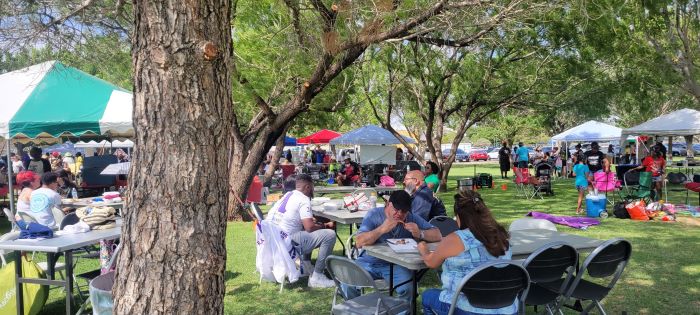
C’ri is a passionate writer with an insatiable appetite for storytelling in all its forms. You’ll likely find her curled up with a good book or immersed in the latest blockbuster at her local cinema when she’s not crafting articles. Jane’s knack for staying on top of current events adds depth to her writing, while her laid-back personality brings a refreshing perspective to even the most complex topics. With a cup of tea and her finger on the pulse of pop culture, C’ri transforms the ordinary into the extraordinary one word at a time.
















